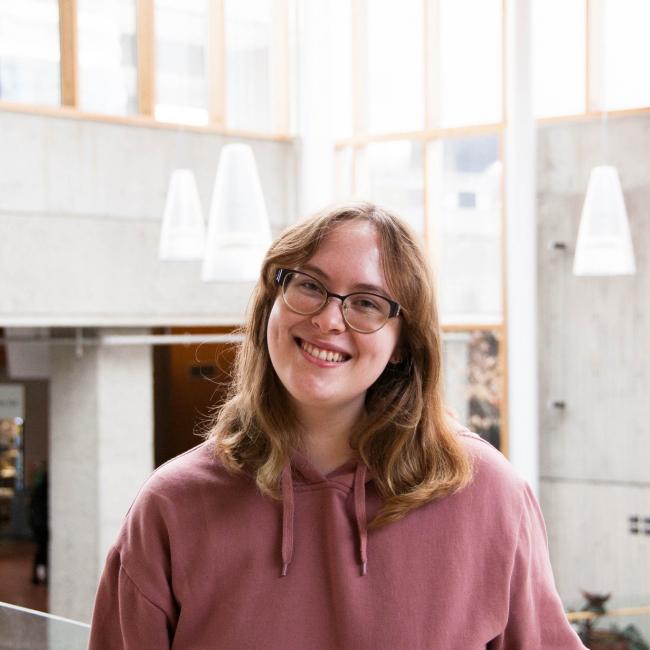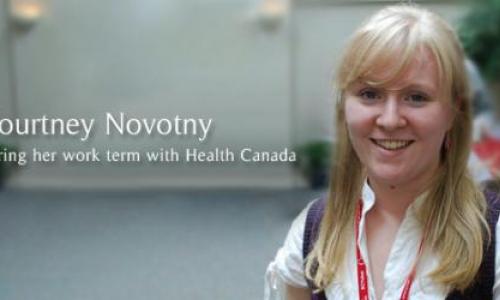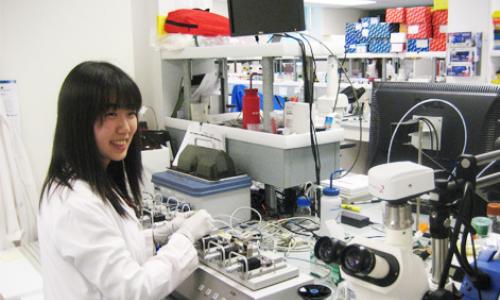
“Find a job you love, and you’ll never work a day in your life” has been attributed to several thinkers: Confucius, Mark Twain, and Marc Anthony. Regardless, this sentiment is unrealistic. Even a job you love will feel like work some days, and may cause stress, overwhelm, and frustration. In fact, I would argue that jobs you love may be even more likely to cause feelings of stress, as it's easier to become personally invested in and lack boundaries at your “dream job”.
It can be easy to become personally invested and emotionally involved in the non-profit industry. Jobs in this industry involve extensive emotional labor and workers may be exposed to difficult experiences – think social workers, childcare workers, juvenile advocates, residential living assistants, and such. My first non-profit position was working at a crisis call line in the Lower Mainland. I worked 8-hour shifts answering calls that came in, including callers looking for emotional support, seeking resources or legal assistance, and with a variety of other needs. The job was meaningful and gave me skills helpful for further non-profit work, but I often found myself “bringing work home” with me. Particularly difficult calls left me feeling unsettled, emotional, and exhausted after shifts. At my current non-profit co-op, I’ve found myself becoming personally invested in the projects I work on; checking my email, checking engagement on Google Forms I’ve created, and messaging co-workers at all hours of the day, including outside my working hours. I have become increasingly aware of how easily the lines of work and life can blur in emotionally-labor-intensive industries, like non-profit and charity.
This article will outline some tactics I have been using to help me protect my work-life balance and prevent burn-out in the long-term, while working in a job I feel personally invested in.
When your employer asks you at the end of the interview “Do you have any questions?”, you have an opportunity to begin discussing what their expectations are. Questions you may ask include: “Is this position remote, onsite, or a combination of both?”, “Do you have expectations regarding how I will schedule my 40-hours-per-week, or is there flexibility there?”, “Will I be expected to work evenings or weekends during my term?”. You can then assess how these expectations align with your own boundaries and lifestyle – if you’re someone that values time with family and friends on the weekends, a job that demands you work on the weekend may not be for you.
Your employer may dictate your working hours, or there may be flexibility for you to do so. Either way, once these hours are set, try your best to stick to them. If you finish work at 3PM, log off at 3PM, and put your stuff away. Communicate this to your co-workers too, so they become aware of those personal boundaries. For example, if you log off at 3PM, and a coworker sends you an invite to a meeting at 3:30PM, you can try saying: “That’s actually after my workday ends. Could we schedule something earlier in the day, or on a different day?”
It can be difficult to log out of a work Zoom call and immediately turn off your “work brain”. Physical boundaries, like entering a different room, can help your mind differentiate the different parts of your life. If this is not possible, try putting away all your work items, like your laptop, notebooks, files, etc., away when it’s time to rest.
When using your personal phone number for work, you open yourself up to receiving work calls anytime, any day, putting you back in “work mode” when you receive the call. If you want to keep your “work” and your “life” separate, it may be preferable to mainly use email, or to set up a work phone number that you can “turn off” at the end of the day – such as using a phone app.
One of the first things I did once I set up my new email address and my Slack (direct messaging app) account was adjusted my notification preferences. I work most days from 8:30AM- 3:00PM, so I set my preferences to only notify me of new emails and messages during those times. This way, when I was using my laptop after work hours, work-related notifications weren’t catching my attention and putting me back into “work mode”.
Sometimes, all the problems in the world feel like they rest on your shoulders. Poverty, homelessness, the opioid crisis, racism, and sexism may simultaneously feel impossible to solve and somehow, also, your responsibility to work on. You may feel like it’s your job to “save” every person you encounter – but this is unrealistic and will burn you out fast. Instead, try to set one or two long-term goals that can be completed within your co-op term, and break those down into bite-sized daily tasks.
When I was working on the crisis line, I found myself feeling emotional and exhausted after some shifts. This happened until I began to implement strict self-care into my before-work and after-work routines. This may look different for everyone, but for me, it included a good night sleep and exercise before a shift, and then meditation, breathwork, and journaling after a shift. You may be tired after long shifts, so it’s best to make your after-work routine quick and effective.
In some non-profit positions, confidentiality and security practices may prevent you from venting about work to your friends. You build trust with the clients and co-workers you interact with, and it may be inappropriate to talk openly about work interactions. Instead, you may need to adjust how you speak about your job – like keeping things vague – or trying different stress-release options, including exercise or watching something light-hearted and comedic.
If something or someone at your co-op is challenging your boundaries, including work-life ones, in a way that makes you feel uncomfortable, do not hesitate to reach out to your co-op advisor and discuss it – even if that someone is you, being too tempted to check your emails and messages hours after clocking out.

















